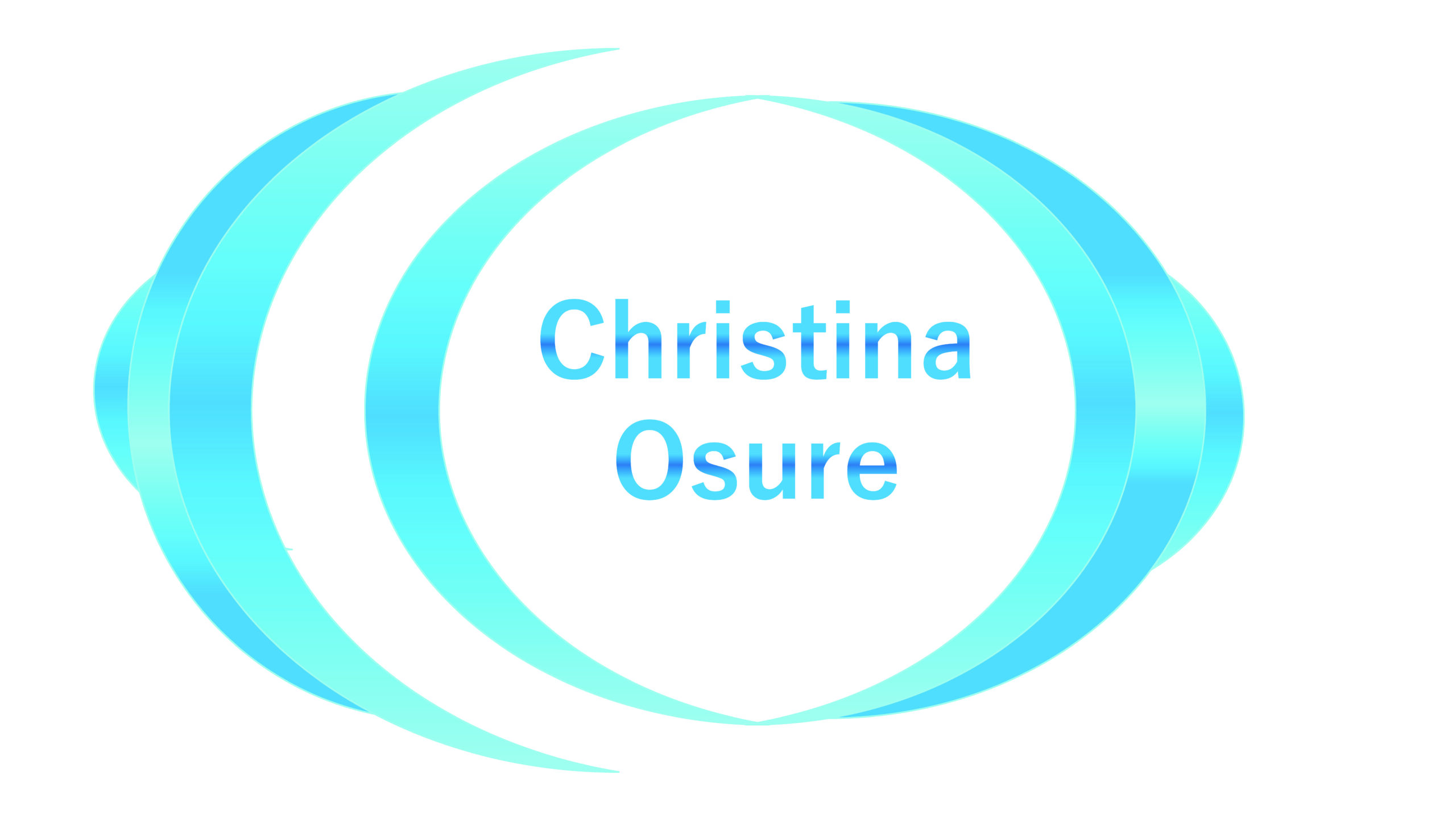Difference between racism and unconscious bias
Racism and unconscious bias are both related to negative attitudes and behaviors towards people based on their race, but they are different in a few key ways.
Racism is the belief that one race is inherently superior to another and the discrimination, prejudice, and systemic oppression that result from that belief. Racism can be conscious or intentional, such as using racial slurs or actively discriminating against people of a certain race. It can also be unconscious or unintentional, such as making assumptions or judgments about people based on their race without realizing it.
Unconscious bias, also known as implicit bias, refers to the automatic and unconscious attitudes or beliefs that people hold about others based on characteristics such as race, gender, age, or religion. These biases are often shaped by societal and cultural norms and can lead to unintentional discrimination or favoritism towards certain groups of people. Unconscious bias can manifest in a variety of ways, such as making assumptions about someone’s abilities or work performance based on their race or gender.
While both racism and unconscious bias can result in discrimination and harm to individuals and groups, racism is a more overt and intentional form of discrimination, while unconscious bias is often unintentional and automatic. It’s important to recognize and address




